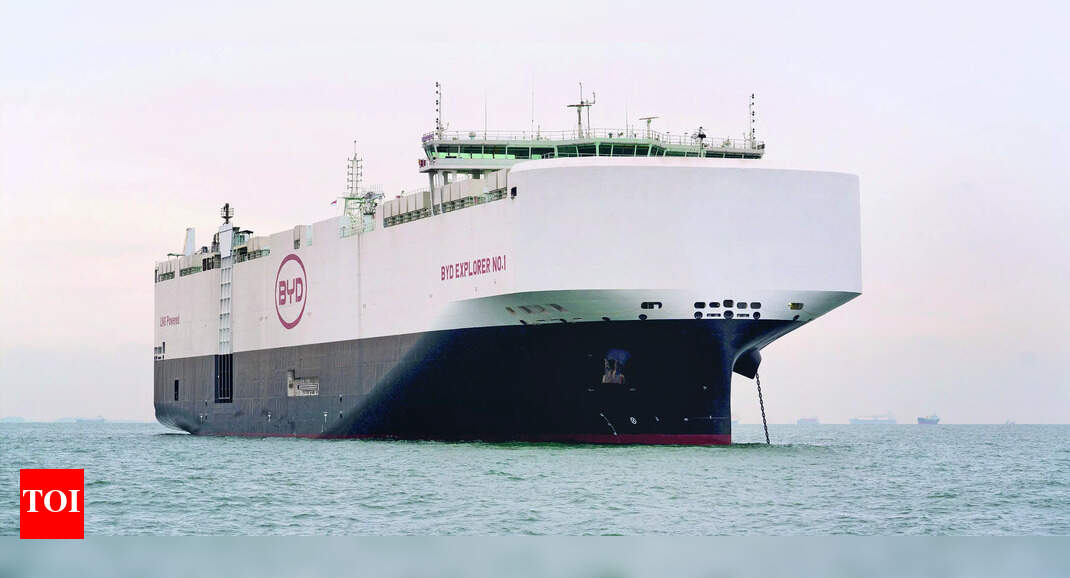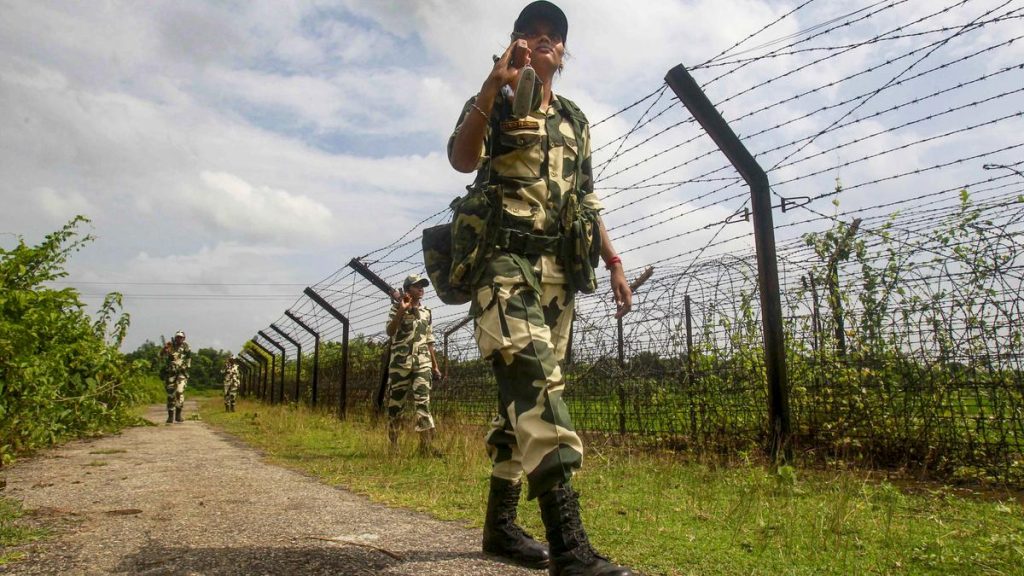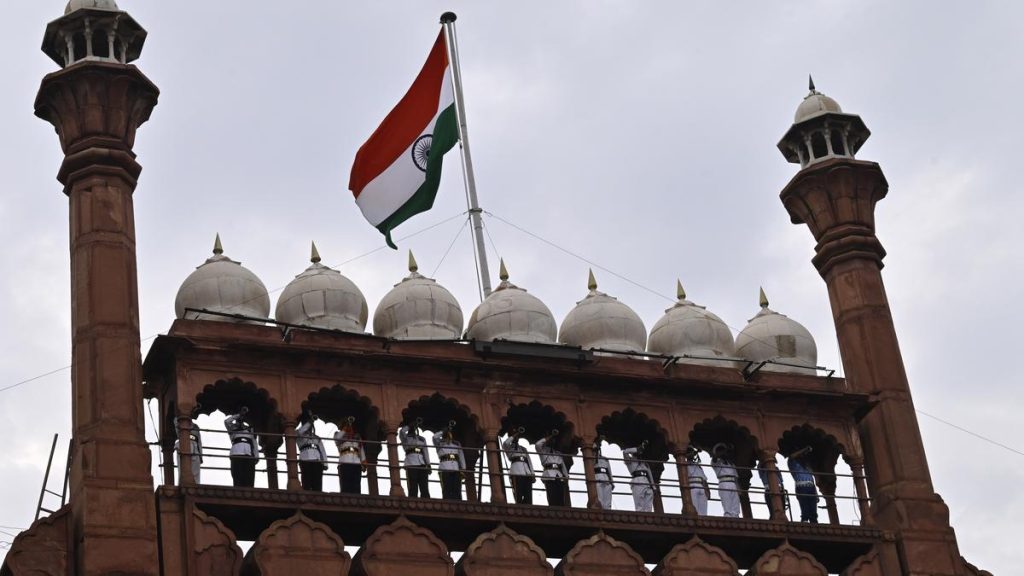Now Reading: China’s Shortcut to Europe: Automakers Navigate Through Houthi-Controlled Regions
-
01
China’s Shortcut to Europe: Automakers Navigate Through Houthi-Controlled Regions
China’s Shortcut to Europe: Automakers Navigate Through Houthi-Controlled Regions

Swift Summary
- Chinese automakers are shipping cars to Europe through the Red Sea and Suez Canal, despite recent militia attacks.
- Iran-backed Houthi militias in Yemen previously targeted vessels in this critical transit route with drones, grenades, and gunfire.
- Last month,at least 14 car-carrier ships traveled from China to Europe using this shortcut according to Lloyd’s List intelligence.
- The shorter route saves 14-18 days per round trip compared to the longer route around Africa. This substantially reduces costs for fuel, crews, and buyers by a couple of hundred dollars per car.
- Commercial insurers have raised rates for such voyages due to security concerns in the region.
- observers speculate that China’s government may have reached an understanding with Iran or Houthis ensuring Chinese car-carriers are not targeted during their passage through vulnerable waters.
- Other Asian and European shipowners largely avoid chartering vessels for trips passing through Red Sea due to risks.
- In addition to Chinese-owned ships, carriers from South Korea and joint ventures involving Abu Dhabi-Turkish companies also used this route after loading cars from Chinese ports.
- China’s foreign ministry stated it is working actively on easing tensions in the region but did not directly address shipping specifics.
For image: !Where are Houthis? China’s automakers taking shortcut to European markets
Indian Opinion Analysis
The reopening of trade routes like the Red Sea for major business operations has geopolitical as well as economic implications for India.On one hand, China’s ability to use these routes despite ongoing regional instability highlights its strategic engagement with influential stakeholders such as iran-backed Houthis-perhaps strengthening bonds that could reshape regional dynamics unfavorable toward India’s broader interests. Additionally, cost savings achieved via shorter transit raise competitiveness challenges that Indian automakers might face in global markets if diversions continue unaddressed.
India too heavily relies on maritime infrastructure but exercises caution when navigating politically fraught areas like West Asia’s waterways due to security vulnerabilities similar in scale outlined here including insurance hike concerns;strategically India might remain cautious balancing push-bound aids trade/sustain deploying comparative risks adjacent escalation crucial/non-partisan relying inherent navigation-safety safeguards future-stepAmbitious follow-through coherent/deliberated contours.A new phase unconditional neutrality!























